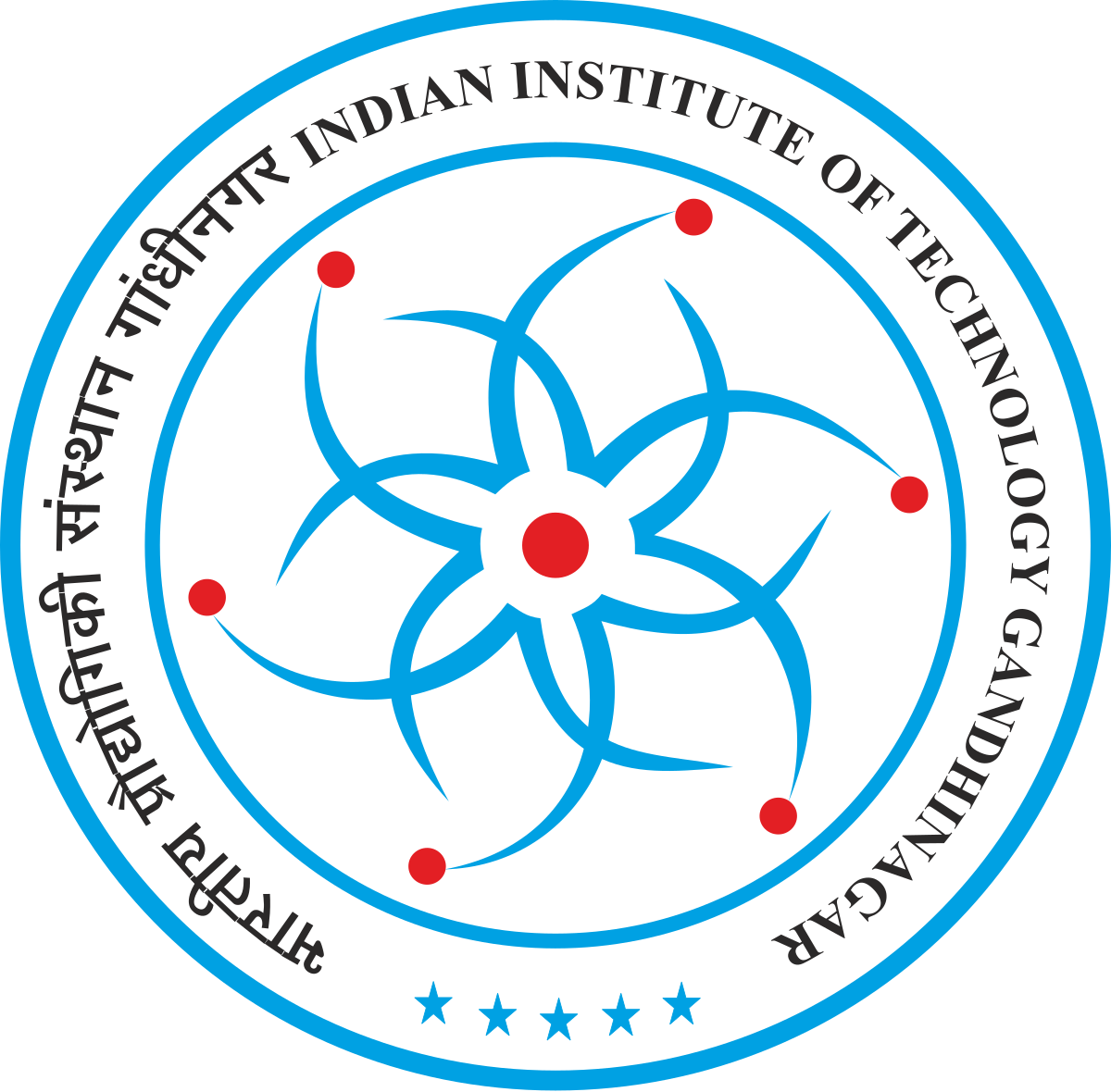Abstract, objectives, and motivation
Digital forensic investigation methods use evidence found in digital computers, mobile phones, network logs, CCTV cameras, etc. The events of interest are usually buried within tens of thousands of alerts and events. Further the evidence may be in various formats and coming from diverse sources. To establish proof of a cybercrime admissible in a court of law, this large volume and variety of evidence need to be preserved, analysed, and correlated to establish a crime. Traditional forensic tools rely on methods designed to process structured information rather than unstructured data. Often evidence gathered through one source is incomplete, noisy, or corrupt and adds more difficulty to establish an event using such conventional tools. This incomplete and/or noisy evidence can be enriched with another supplementary source of event sequence/logs/threat intelligence. Correlation of events and assessments in the event of incomplete information is a necessary requirement of threat intelligence. Further, these methods need to handle both structured and unstructured data.
Intended Audience
This proposed workshop is a half-day workshop to be held along with IEEE ANTS 2021. The workshop aims to bring researchers/experts around the world together to explore and discuss the state-of-the-art research and local initiatives in the areas of digital forensics. The workshop will include invited speakers from subject experts. Topics of interest include, but not limited to:
- Event Correlation and Log Analysis
- Face Detection and User Identification
- Cyber Bullying and Cyber Staking
- Video Footage Quality Enhancement
- Fingerprint Matching
- Social Media Analysis for Threat Intelligence
- Data Recovery from Corrupted Media
- Automatic Detection of Signatures
- Data Recovery from Encrypted Disk
Workshop Organizers
- Dr. Neminath Hubballi-Indian Institute of Technology Indore (neminath@iiti.ac.in)
- Prof. Katrin Franke-Norwegian University of Science and Technology, Gjøvik (katrin.franke@ntnu.no)
Agenda
Talk Details
Talk-1: Digital Forensic Challenges and Way Ahead
Dr. Naveen Kumar Chaudhary,
National Forensic Sciences University.

Dr Naveen Kumar Chaudhary is a Professor and Dean in the School of Cyber Security and Digital Forensics at National Forensic Sciences University, Gandhinagar, Gujarat, India. He is also head of University Cyber Defence Centre and Centre for International Relations. He holds PhD degree in Engineering and his domain expertise is in Cyber Security, Digital Forensics and e-Governance. He has more than 24 years of experience in Academics, Research and Government. He has published more than 30 papers and articles in journals, magazine and newsletters. He was awarded Chairman Chief of Staff Committee Commendation in 2015 for drafting visionary document on Space technology capacity building. He is also recipient of letter of appreciation for contribution towards the cause of literacy from Brent St. Denis, MP, Algoma, Canada in 1994. He carried out three major innovations while being posted on a technical appointment in Government that solved the long lasting problem. He has also worked closely with some major Government R&D organisations. He had an opportunity to head the team of Cybersecurity experts in ten countries. He is a life member of Institution of Electronics and Telecommunication Engineers (IETE) and served as Secretary IETE Sub-centre Mhow in 2011.
Talk-2: Speech Signal Processing for Forensic Applications
Prof. Ram Bilas Pachori,
Indian Institute of Technology Indore.

Prof. Ram Bilas Pachori received the B.E. degree with honours in Electronics and Communication Engineering from Rajiv Gandhi Technological University, Bhopal, India in 2001, the M.Tech. and Ph.D. degrees in Electrical Engineering from Indian Institute of Technology (IIT) Kanpur, Kanpur, India in 2003 and 2008, respectively. He was a Postdoctoral Fellowship Holder at Charles Delaunay Institute, University of Technology of Troyes, Troyes, France during 2007-2008. He served as an Assistant Professor at Communication Research Center, International Institute of Information Technology, Hyderabad, India during 2008-2009. He has been working as a faculty member at Department of Electrical Engineering, IIT Indore, India since 2009. His research interests are in the areas of Signal and Image Processing, Biomedical Signal Processing, Nonstationary Signal Processing, Speech Signal Processing, Brain-Computer Interfacing, Machine Learning, and Artificial Intelligence in Healthcare. He is an Associate Editor of Electronics Letters, IEEE Transactions on Neural Systems and Rehabilitation Engineering, Biomedical Signal Processing and Control journals and an Editor of IETE Technical Review journal. He is a senior member of IEEE and a Fellow of IETE and IET. He has been listed in the world’s top 2 % scientists in the study carried out at Stanford University, USA (October, 2020 and October, 2021)











